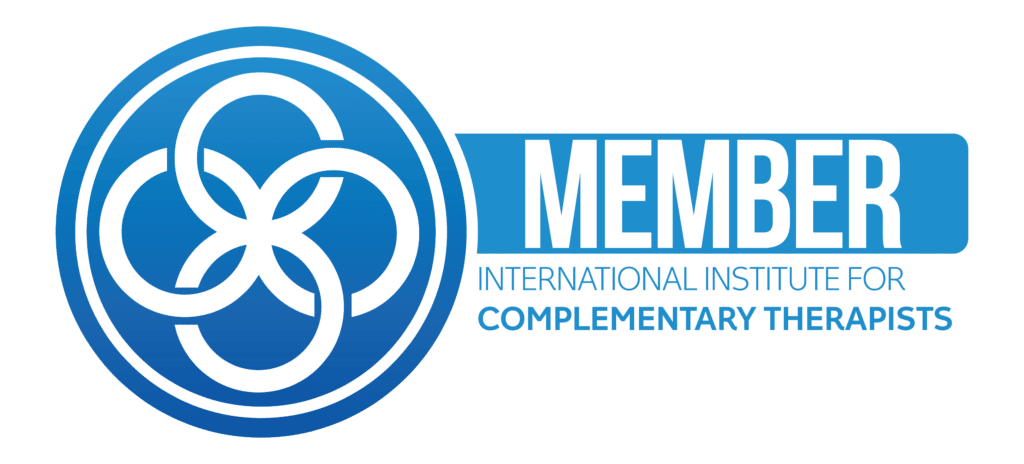About
At the heart of this practice is Maria Spathis, founder of Spathis Wellbeing and creator of the Via Method. Maria is a psychotherapist who supports individuals and workplaces through change and loss with care, clarity, and respect for each person’s lived experience.
-
Maria Spathis is a registered Transpersonal Psychotherapist and Business Consultant. She has over 20 years of experience working across corporate systems and human wellbeing, with a background in human resources, payroll, and organisational operations. Her work is supported by formal qualifications in Psychology, Business (HR Management), and Transpersonal Therapy.
Maria understands both how workplaces function and how people are affected by change. She works with employment frameworks, Fair Work requirements, workplace policies, and psychosocial safety, helping organisations respond to change in ways that are clear, practical, and people-focused.
Alongside her corporate work, Maria has spent many years supporting individuals through major life changes. She works with people experiencing grief and loss, career transitions, relationship breakdowns, identity shifts, and periods of uncertainty. Her personal experiences of loss and change have also shaped her understanding of how grief affects both personal wellbeing and working life.
From this combined professional and lived experience, Maria developed the Via Method, a grief-aware framework designed to support both individuals and workplaces through change. The Via Method helps workplaces respond to issues such as burnout, transition fatigue, and role confusion, while supporting people to rebuild stability, resilience, and direction.
Maria is known for making complex issues easier to understand and apply, helping people and organisations move through change with clarity, care, and long-term sustainability.
-
Spathis Wellbeing was shaped by the values of integrity, care, and service that were central to Maria’s family life. The practice stands as a living tribute to her father, a man known for his humility, compassion, and quiet commitment to helping others. He offered care without recognition and dignity where it was most needed.
His death deeply influenced Maria’s understanding of grief. She came to see grief not as something that interrupts life, but as something that teaches what truly matters. Through this loss, she learned that healing takes courage, that service is an expression of care, and that even deep loss can give rise to purpose.
Spathis Wellbeing continues the values her father lived by. It reflects a belief in people, respect for everyday acts of kindness, and an understanding that compassion can change lives.
The work Maria does — from the frameworks she creates to the individuals she supports and the workplaces she guides — is guided by these values. Her approach to grief recognises its many forms, honours its challenges, and highlights its potential to bring growth, all while respecting the human experience.
This work is her way of carrying his legacy forward — not as something left behind, but as something lived and shared through care, integrity, and compassion.
-
In Orphic and Platonic tradition, death was sacred—an initiation into deeper realms of understanding. Loss, transition, and change hold the same liminal quality: a metaxy, the threshold between what was and what is yet to be. These passages are not merely disruptions to be endured, but living catalysts—poiesis, a creative and regenerative force. Through symbolic descent, we retrieve what was essential, reweave our fractured narratives, and emerge in new forms of strength. What once unmoored us becomes the very passage into transformation. The discomfort is not bypassed but honoured—as philosopher’s stone, as alchemical agent, as the soul’s work. This model invites a radical reframing: grief as a portal, not a prison.
-
Spathis comes from the Greek word spathē, meaning a blade or sword - not one used to harm, but to reveal. It stands for clarity and truth coming into view.
In ancient philosophy, the sword symbolised discernment: the ability to cut through confusion, denial, and false stories to reach what truly matters. Spathis carries this same intention.
Healing here is not about fixing what is broken. It is about meeting loss, change, and difficulty with attention and honesty. When we do this, pain can be understood, integrated, and given meaning. Endings are no longer just endings - they become turning points, where something new can begin.
-
Our society has lost many of the ways we once supported people through loss, change, and major life transitions. Spathis aims to bring that support back - not by copying the past, but by reshaping its practical wisdom for modern life.
In ancient times, shared stories and rituals helped communities process change together rather than leaving people to carry it alone. Spathis takes inspiration from this idea, viewing loss and transition as experiences that deserve time, recognition, and shared understanding.
Instead of hiding grief or pushing through change as quickly as possible, Spathis encourages us to acknowledge these moments and make meaning from them. When we do this, healing is not just personal - it strengthens how we care for one another as a society.
-
Advanced Diploma of Transpersonal Therapy (Counselling), College of Complementary Medicine.
Bachelor of Social Science (Psychology), Charles Sturt University.
Bachelor of Business (Human Resources), Charles Sturt University.
-
Spathis Wellbeing is an insured and a registered member of the International Institute for Complementary Therapists (IICT).


